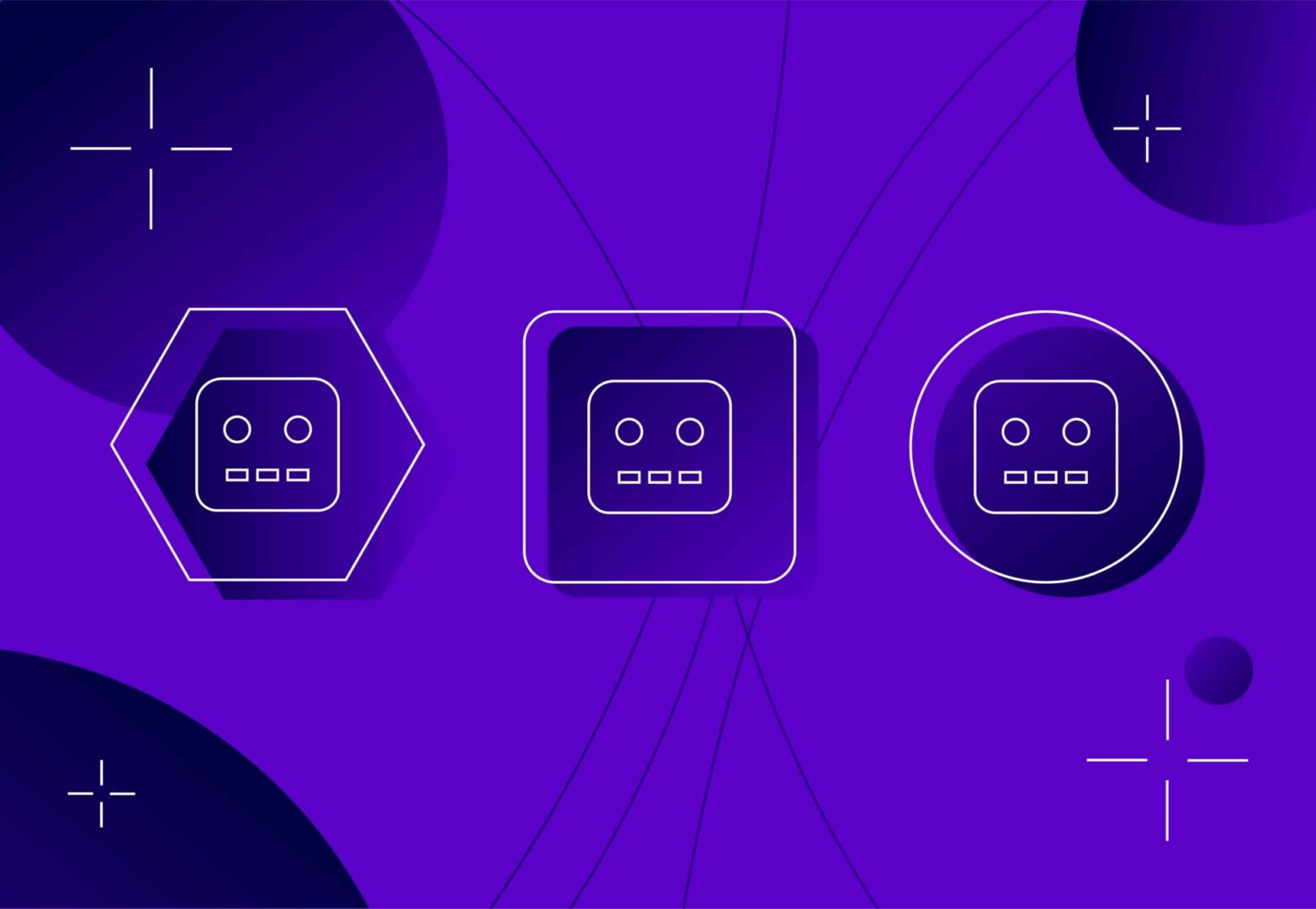When ChatGPT was released in 2022, it paved the way for many AI tools and is now arguably the biggest name in AI chatbots. ChatGPT is a general-purpose chatbot that uses natural language processing to mimic humanlike conversation and dialogue. You can do everything from having a conversation to writing an entire essay in minutes.
There are a lot of positive aspects to ChatGPT, such as the automation of repetitive tasks and writing assistance. But depending on what you’re trying to achieve, it might not be the right software for you.
I’ll be taking a look into some of the best ChatGPT alternatives if you’re interested in utilising AI tools for different purposes.
Why do you need an alternative to ChatGPT?
It’s worth addressing why it’s time to change from ChatGPT as the platform is anything but perfect – it’s crucial to find a tool that works for your needs. Despite its free version and many useful features, there are a few areas that could definitely do with some improvement.
One of the key areas that can diminish ChatGPT’s experience is the site becoming overwhelmed during peak hours. This was something that would happen often when the software first became popular, however, there are still some issues present.
It can be fairly frustrating for users waiting for the platform to load. Sometimes, it can take up to several hours for it to work as normal again. If you’re working to tight deadlines, this can be very inconvenient and ruin any research or content creation you had planned.
Aside from this setback, ChatGPT’s free software, GPT-3.5, may not be as advanced for wider requests. However, the up-to-date version, GPT-4.0, requires a paid subscription of $20 a month, which may be unaffordable for many people.
That’s why a free and more reliable alternative may be one to try…

The four best ChatGPT alternatives
ChatGPT has become all the rage over the past few years, and with its success, we’ve seen a lot of other AI tools rise. Because ChatGPT can often be slow and expensive for more advanced requests, we’ve put together a list of our top ChatGPT alternatives to try.
1. Claude
Best for: Creating more words and generating human-feeling content
Price: Free; Claude Pro is £18 per month
Claude is a platform with a lot to offer. Not only is its writing style more human-esque, but the developers have emphasised its ethical AI development.
ChatGPT’s machine learning is slightly dated, meaning its “facts” are often no longer relevant. Claude, on the other hand, aims to be a safe and honest space, benefiting the community that uses it.
The maker of Claude, Anthropic, carefully designed the software’s safety guidelines so it responds in a “way that would be most unobjectionable if shared with children.” While no AI may not be perfect, at least Claude isn’t telling its users to put glue on pizza, like Google’s AI did.
Not only is Claude established as a safer and much more human-like AI software it also has a 200,000 token context window across all models which is around 15,000 words! ChatGPT is capable of around 128,000 with GPT-4.o; so content-wise, Claude can handle a lot.
2. Google Gemini
Best for: Brainstorming ideas and seamless integration
Price: Free; Gemini Advanced is $19.99 per month with the first 2 months free
Gemini (formerly Bard), is Google’s answer to an AI chatbot.
Google created Gemini to “make AI helpful for everyone, everywhere in the world.” The AI tool has a huge standout advantage – it works seamlessly with Google so users can utilise it in their everyday lives.
There are many one-click integrations with Gemini for Google’s tools such as Google Docs, Gmail, Google Maps and YouTube. There is of course the option to include these integrations with ChatGPT, but it’s a lot simpler with Gemini.
You might notice that when you search for something on Google, its AI may provide an answer. There has been some dubious information provided by it, however, such as the aforementioned glue-on-pizza incident and it’s claiming there are roughly two insects in every glass of Tropicana.
Aside from having to take its information with a pinch of salt and fact-checking everything, this free and easy-to-use software has a lot going for it. For one, its data analysis feature is a lot more advanced than ChatGPT, and if you’re a big fan of Google apps, then it’s definitely worth a try.

3. Microsoft Copilot
Best for: Work admin tasks and support on Microsoft tools
Price: Free; £19 per month for Microsoft Copilot Pro
Microsoft Copilot was created to be a “copilot” for your work. According to Microsoft, it…
“Combines the power of large language models (LLMs) with your data in the Microsoft Graph and the Microsoft 365 apps to turn your words into the most powerful productivity tool on the planet.”
The AI software is integrated into Microsoft 365 in two ways. Firstly, it’s embedded within Microsoft’s own tools such as Word, Excel and PowerPoint. However, its Business Chat feature is capable of offering prompts and status updates for work-related admin updates such as meetings and emails.
Another positive element to Microsoft Copilot is that the user is always in charge. If there’s something you don’t like using, you have the power to keep, modify or discard anything. According to Microsoft, it wants to help you use its tools in the best possible way – being more creative in Word, more analytical in Excel and more collaborative in Teams. You will have the power to make the most of it!
4. Perplexity
Best for: More control over AI models and accurate source information
Price: Free; $20 per month for Perplexity pro
This platform looks the most like ChatGPT out of the alternatives previously listed, but there is a lot more to it.
Despite its aesthetic, it’s marketed as an alternative to search engines like Google, however, it does still work like a standard AI chatbot. Though unlike Google’s overviews and ChatGPT’s outdated and often incorrect information, Perplexity is a lot more accurate and up-to-date.
A great element of Perplexity is that it gives you more control over the specific sources it uses. You can ask it to search the entire internet, academic papers, YouTube content or even Reddit, meaning you have a lot more information to work with than ChatGPT does.
Because it works like a search engine, Perplexity lets you choose which AI model to use when creating prompts. You can use, GPT-4o, GPT-4 Turbo, Claude 3 Sonnet, Claude 3 Opus, and Sonar 32k, whereas ChatGPT forces you to use its own model.
From an organisational perspective, you can sort your findings into specific collections, keeping data all in one place which is a huge bonus for utilising AI software for research purposes. With ChatGPT, you are limited to keeping it in the sidebar for each session which means that for a more flexible AI option, Perplexity might be for you.

Looking for an alternative marketing agency to work with?
If you’re interested in learning how to spot AI content from human-generated results, get in touch today!












